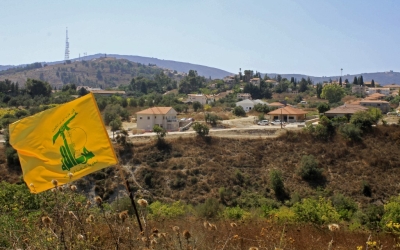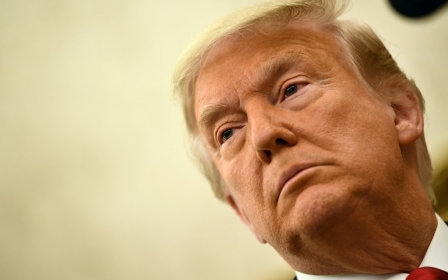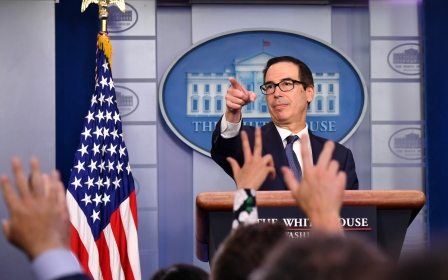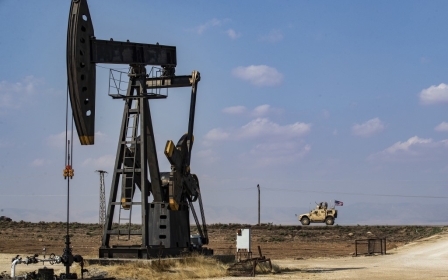Trump administration eased sanctions against Israeli billionaire during final days
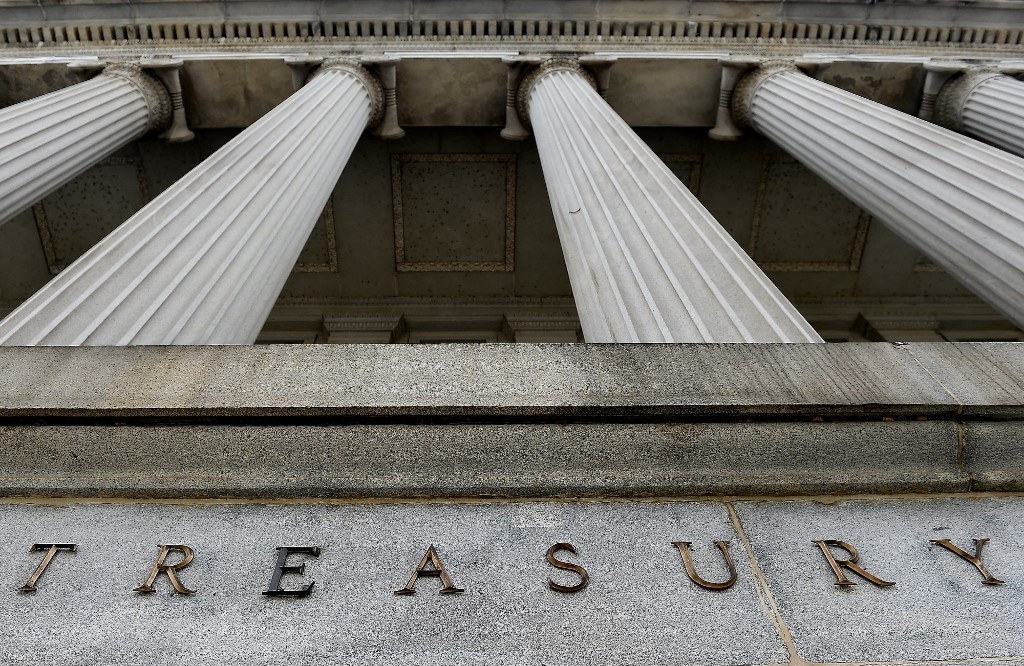
Days before the Trump administration left office, the US Treasury Department quietly eased sanctions against an Israeli billionaire who had been designated for taking part in alleged corrupt mining practices in the Democratic Republic of Congo (DRC).
The US Treasury informed mining tycoon Dan Gertler on 15 January, who is based in Israel, that it would be easing sanctions levied against him in 2017.
According to a private letter sent to Gertler's lawyers - which was obtained by various news outlets - sanctions that had stopped the billionaire from conducting business in US dollars and had seen his US assets frozen were now suspended for a one-year period.
The decision was met with immediate criticism from anti-corruption groups who called on the administration of President Joe Biden to reverse the decision.
Erich Ferrari, a lawyer who represents companies on US sanctions issues, told the New York Times on Monday that he was surprised at the broad scope of the waiver.
New MEE newsletter: Jerusalem Dispatch
Sign up to get the latest insights and analysis on Israel-Palestine, alongside Turkey Unpacked and other MEE newsletters
"As hard as it is for me to believe that a license this broad was issued and exists, I have to say that it is indeed a license authorising Gertler and companies owned 50 percent or more, directly or indirectly, to engage in business with and through US banks," Ferrari said.
"Lifting them [is] a big setback for anti-corruption campaigners'
- Bill Browder, Global Magnitsky Justice Campaign
It was not clear how many of the 14 companies associated with Gertler were affected by the waiver, which is valid until 31 January 2022.
Regarding the broad scope and secretive manner in which the waiver was issued, the Times pointed to Gertler's close links to the Trump administration as a clue to how the billionaire may have won favour from the former President Donald Trump.
Specifically, Gertler's lawyer, Alan Dershowitz, defended Trump during his first impeachment trial in 2018.
Dershowitz was involved in five of 143 clemency requests signed by Trump in the final days of his presidency.
According to the New York Times, Dershowitz and Gertler's other lawyer, former FBI director Louis Freeh, were both officially registered to lobby the US government on the billionaire's behalf.
In a statement, The Sentry, a nonprofit group that tracks African war criminals and foreigners who profit off them, slammed the Trump administration for its "secret action" and called on banks to maintain blocks on transactions and assets linked to Gertler and his network.
"For a sanctions designation issued specifically for corrupt and secretive activities in the DR Congo and elsewhere, to have been privately undercut under a cloud of haste and secrecy at the very end of the Trump administration, strikes a terrible blow to the heart of one of the most lauded and effective anti-corruption programs of the last decade," said Brad Brooks-Rubin, managing director of The Sentry.
Calls on Biden
At a press briefing on Monday, White House spokeswoman Jen Psaki declined to comment on whether the Biden administration would reimpose the sanctions, deferring the question to incoming Treasury Secretary Janet Yellen, who is still undergoing the Senate confirmation process.
Middle East Eye reached out to the Treasury Department for comment but did not receive a response by the time of this article's publication.
The sanctions levied against Gertler during the early days of Trump's presidency saw the Treasury accuse the mining tycoon of using his connections to the former Congolese president, Joseph Kabila, to arrange "opaque and corrupt mining and oil deals".
The deals were reported to have cost the citizens of the DRC more than $1.36bn in lost revenue from 2010 to 2012 alone, according to the Treasury Department.
John Prendergast, co-founder of The Sentry, said Gertler had "looted the DRC for years" but that the sanctions against him had an overarching effect that led former President Kabila away from attempting to alter the country's constitution to run for a third term.
"In literally one of its last actions, the Trump administration reversed that initiative and put at risk one of its most unheralded accomplishments in Africa," Prendergast said in Sunday's statement.
"This is something the Biden administration can quickly remedy with the requisite political will," he continued.
The sanctions that had been placed against Gertler were levied under the 2016 Global Magnitsky Human Rights Accountability Act that allows the US to designate foreign business executives and government officials that have taken part in "gross violations of internationally recognized human rights".
Bill Browder, head of Global Magnitsky Justice Campaign, which seeks to impose targeted visa bans and asset freezes on human rights abusers, said the sanctions that had been levied against Gertler were a major win for human rights advocates and lamented their suspension.
These sanctions were one of the big success stories of the Global Magnitsky Act," Browder said in a tweet on Sunday. "Lifting them [is] a big setback for anti-corruption campaigners."
Browder stressed, however, that the suspension "is different than a presidential pardon" because it can be reversed.
"It can easily be reapplied by the Biden administration as easily as the dozens of executive orders issued in the last couple of days," he said.
Middle East Eye delivers independent and unrivalled coverage and analysis of the Middle East, North Africa and beyond. To learn more about republishing this content and the associated fees, please fill out this form. More about MEE can be found here.


